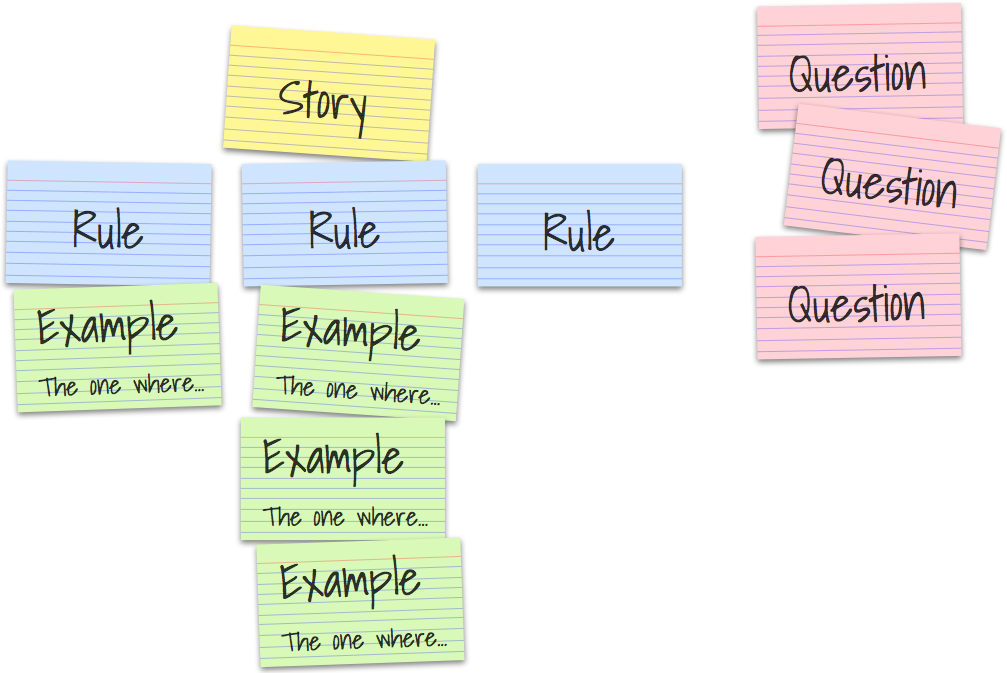Daniel Pink's book, Drive, argues that employee motivation and performance boils down to three things: Mastery, autonomy, and purpose. Hopefully, your company already has a clear purpose, and many developers already enjoy a lot of autonomy. But how can you motivate your development team to improve their skills over time?
Let's take a look at three strategies that you can use to help your development team achieve greater mastery—and unlock better quality and velocity as a result.
There are many ways to motivate developers to improve their skills over time—here are our three favorite strategies. Share on XWhy Mastery Matters So Much
Writing code is like solving a puzzle but without any rules. There are usually many possible solutions to a single problem, and each solution has its own pros and cons. Like any other puzzle, most developers are drawn to solving these puzzles and discovering better solutions. Continuous learning is both necessary and enjoyable for most developers.
Unfortunately, many software businesses don't incorporate mastery into developers' job descriptions. Instead, they view software development more like a manufacturing process than a puzzle, where developers take in a specific set of requirements and output code. Rather than educating developers, they seek out ways to speed up the manufacturing line.
Of course, learning new technologies and techniques is the best way to solve any puzzle. Software businesses that provide developers with space to learn and improve their mastery benefit from faster development, higher code quality, better code performance, and better retention rates than their peers focused on lines of code written per hour.
According to CodeAcademy research, nearly half of engineers say that lack of training is causing a skills gap within their team. A focus on continuously educating developers can help improve retention by nearly 90% and empower everyone to be faster, more agile, and more self-sufficient—a win-win for both the business and the employees.
#1. Create Time & Budget for Continuing Education
The software industry changes very quickly, making it essential to keep your team up-to-date. While you shouldn't be living on the cutting-edge of technology, outdated technologies or paradigms increase development cost, slow down development velocity, and make it harder to hire new software engineers that appreciate working with the latest and greatest.
There are many ways to help developers keep up-to-date:
- Google's "20% Time" rule encouraged developers to spend 20% of their time on projects they found interesting.
- Slack offered employees an annual $2,000 stipend for professional development, covering the cost of courses and conferences.
- Futurice sponsored employee free time open source contributions, incentivizing them to learn in their free time.
The easiest way to incentivize learning is by providing a financial and time budget for continuing education. Depending on the employee, continuing education might mean working on side projects, taking online courses, attending workshops, or working on open source projects. The goal is to encourage them to learn new technologies and approaches.
#2. Encourage Developers to Learn the Business Goals
The best developers have both technical proficiency and business domain knowledge. After all, in-depth domain knowledge means they better understand customer requirements, resulting in less hand-holding and fewer mistakes. The problem is that most businesses don't take the time to involve developers in business-facing tasks.
Many developers feel like "code monkeys" that take arbitrary specifications and convert them into working code. If you don't involve developers earlier in the software planning process, they will never understand the "why" behind the code they write. And, you will never realize the benefits they could offer to the business team.

Example Mapping workshops help clarify the business problem and confirm acceptance criteria before writing any code. Source: Cucumber
Behavior-driven development, or BDD, is an excellent way to broaden the role of developers. In short, BDD encourages collaboration across roles to build a shared understanding of a problem. Stakeholders, developers, and test engineers discuss user stories, helping developers better understand customers and enabling them to provide technical feedback early on.
#3. Hire More Experienced Developers
The fastest way to level up developers is to pair them with more experienced peers. After all, instant feedback from a pair programming session or same-day feedback from a code review creates a very short feedback loop. In addition, developers can get real-time help and feedback if they don't understand a problem.
Pair programming is the best and fastest way to level up a developer's skillset. In addition to error correction, pair programming sessions provide an opportunity to discuss potential solutions that incorporate multiple viewpoints. In other words, it helps (even senior-level) developers better rationalize problems and arrive at the best solution.
Our team augmentation services make it easy to add temporary senior-level talent to your development team. That way, you can help improve your codebase and educate your junior or mid-level developers without having to spend six figures hiring full-time senior-level talent. You can also use the boost to complete short-term projects on time.
Contact us today to schedule a free consultation and learn more.
The Bottom Line
Optimal developer motivation and performance require a combination of mastery, autonomy, and purpose. When it comes to mastery, there are many strategies that you can use to encourage developers to continuously learn and improve, including carving out learning time, promoting a more active role, and pairing them with senior devs.
If you're interested in adding senior-level talent to your team, contact us to learn more about our team augmentation services. In addition, our custom roadmap development service can help you remove friction from the development process by identifying a specific pathway to achieve your goals, keeping everyone on the same page.
Contact us today to learn how we can help your business.



